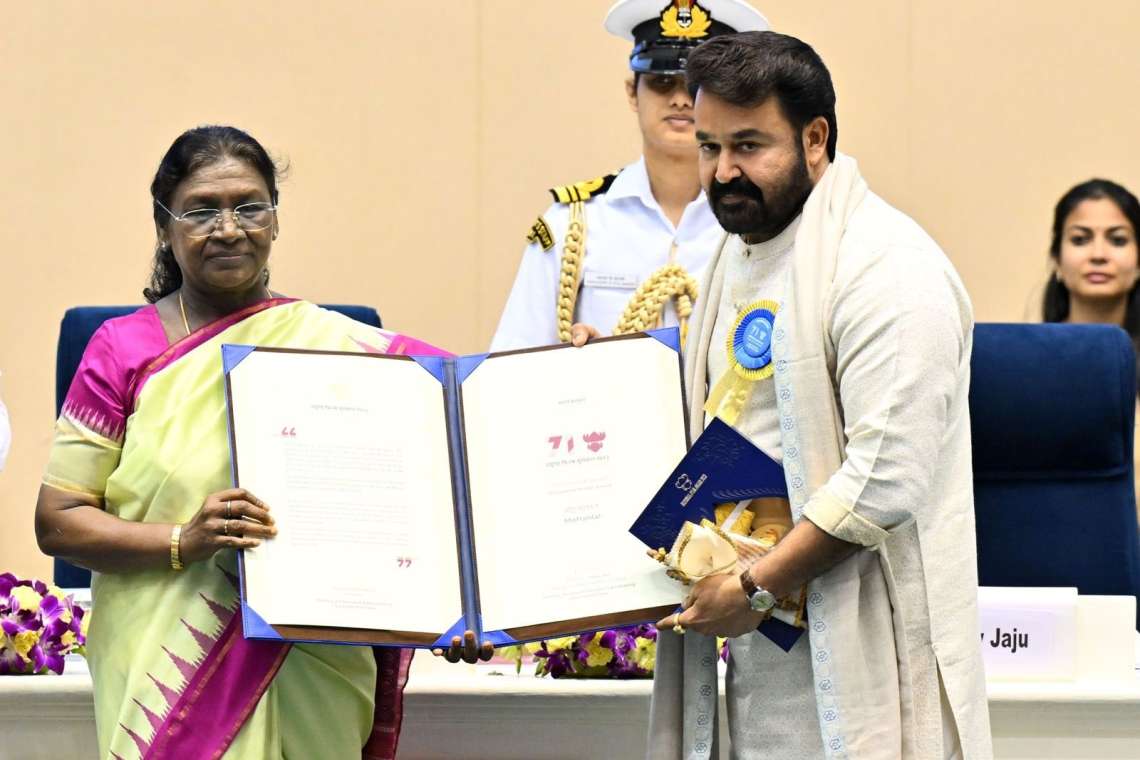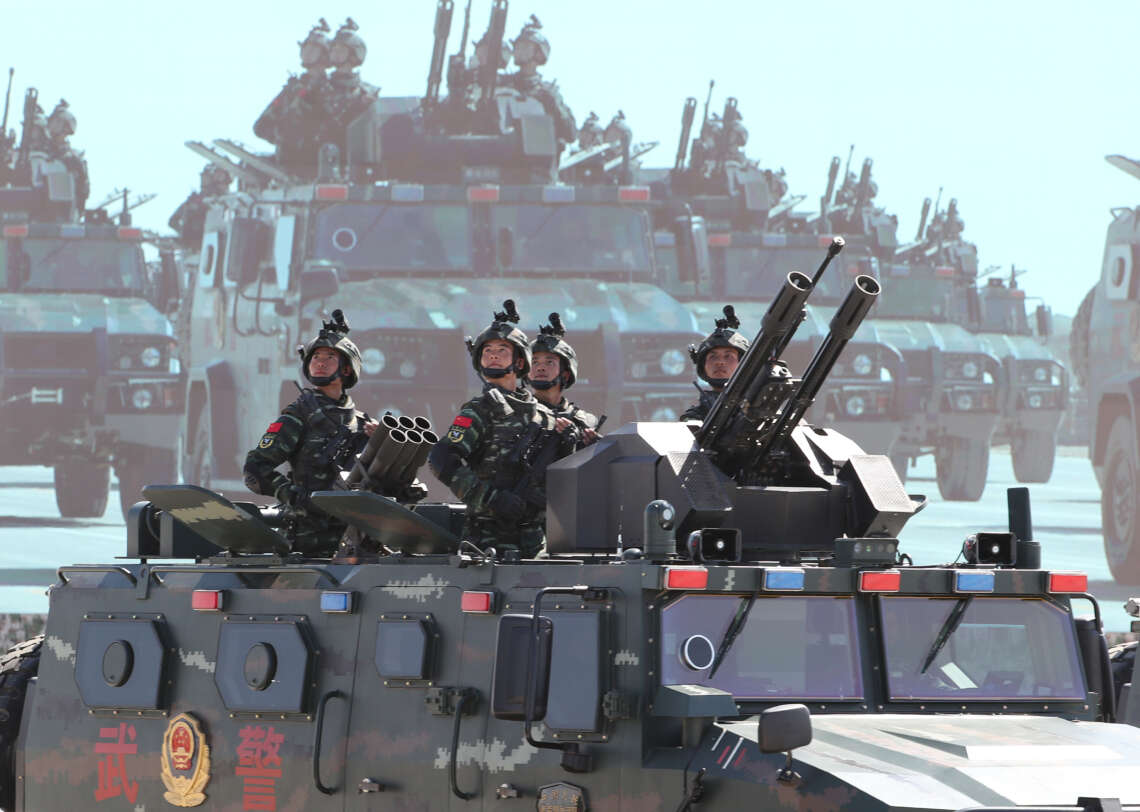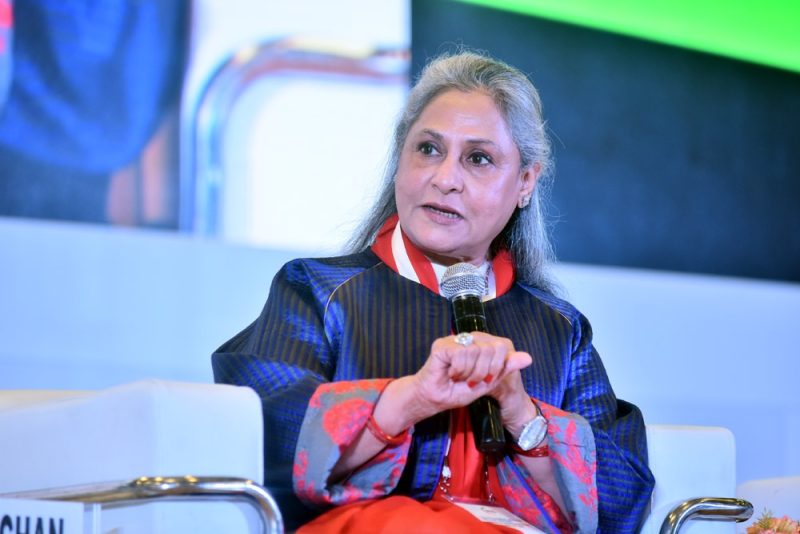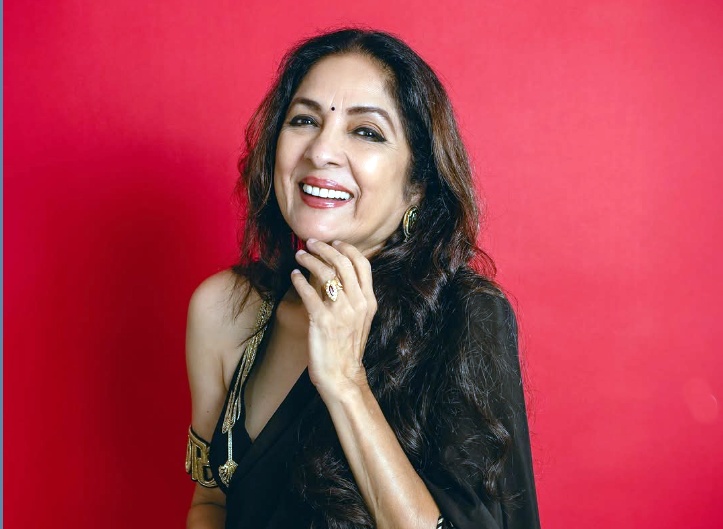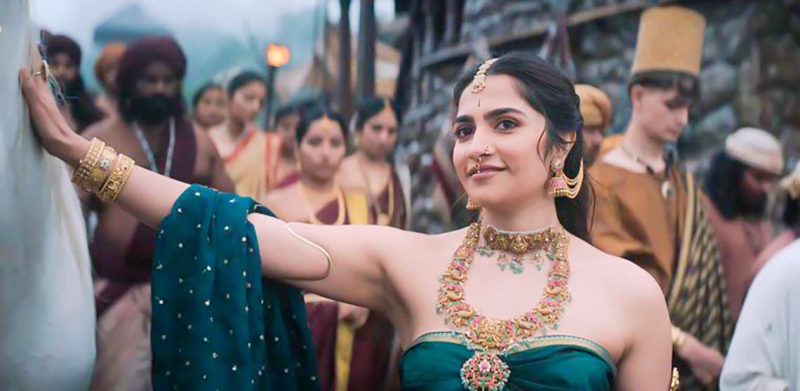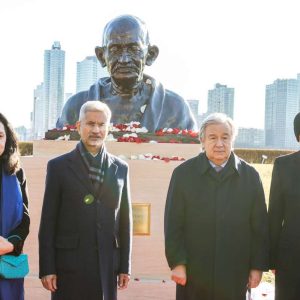Another notable moment in the evolution of biopics, Pandit mentions, came in 1999 with Dr. Babasaheb Ambedkar, directed by Jabbar Patel
Producer Anand Pandit has recently shared his reflections on the fascinating evolution of biopics and the factors that make them resonate with modern-day audiences. In his observations, he delves into how biographical films have evolved over the years, offering insights into the elements that make them engaging for contemporary viewers.
Pandit traces the rise of biopics in India, noting how they have grown from their initial stages to become a significant genre in Indian cinema. He points to the landmark 1982 film Gandhi, a co-production between India and the United Kingdom, directed by Richard Attenborough. The film, which went on to win eight Academy Awards, set the stage for a new era in historical films. According to Pandit, Gandhi remains one of the most iconic historical films ever made, with its storytelling and cinematic grandeur captivating audiences worldwide.
Another notable moment in the evolution of biopics, Pandit mentions, came in 1999 with Dr. Babasaheb Ambedkar, directed by Jabbar Patel. This film was lauded for its uncompromising narration and cinematic richness. The detailed locations and the director’s meticulous approach ensured that the story’s essence was conveyed authentically and powerfully. Similarly, in 2004, Shyam Benegal’s Netaji Subhas Chandra Bose: The Forgotten Hero brought to life one of India’s most revered freedom fighters, capturing the grandeur and intensity of the historical subject.
Pandit observes that over time, biopics based on real-life events have consistently performed well at the box office. He attributes this success to the deep emotional connection audiences have with true stories and historical events. According to him, biopics come with a “shock-and-awe” factor—viewers are often fascinated by the dramatic twists and turns that unfold in the lives of real people, especially when these stories have shaped history.
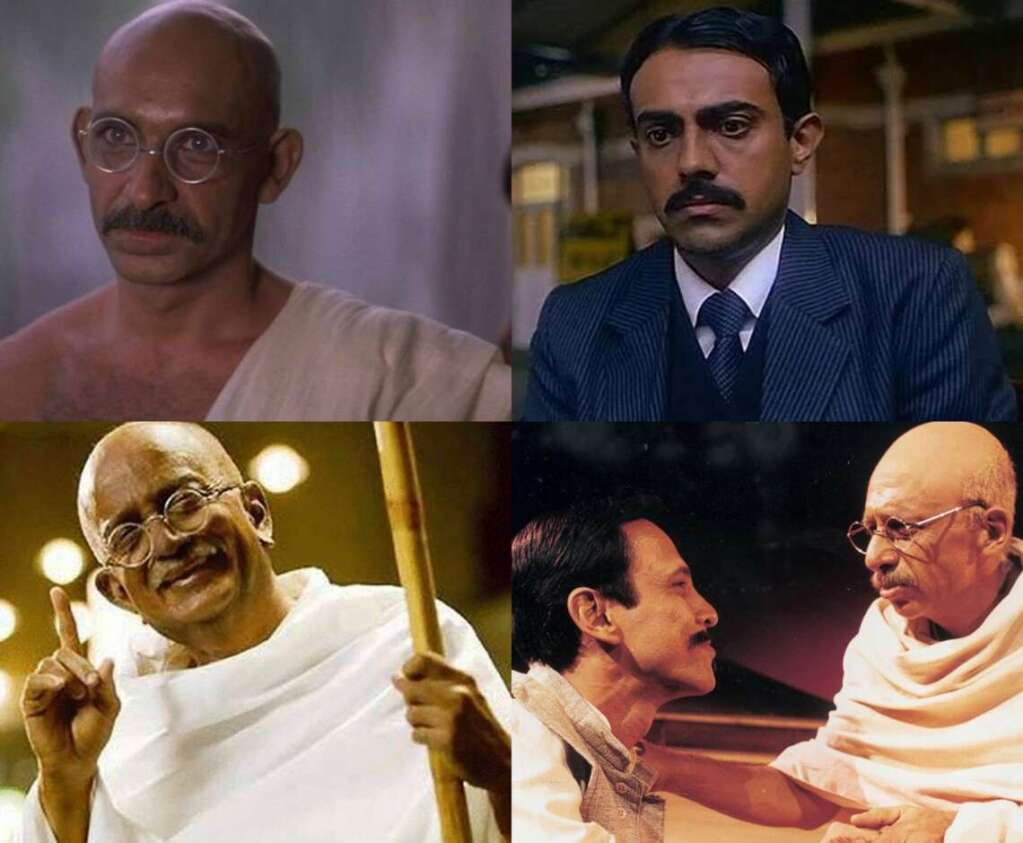
However, Pandit emphasizes that simply recounting historical events is no longer sufficient to engage modern audiences. The lives of influential individuals are often marked by both monumental achievements and significant struggles. While these aspects form the foundation of a good biopic, the execution is just as important. Pandit explains, “The presentation must be captivating, technically advanced, and high on entertainment value. If the story is told compellingly without compromising technical brilliance, it will surely perform well at the box office.”
The producer notes that the key to the success of biopics lies in blending an authentic narrative with compelling visuals, sophisticated storytelling, and strong performances. When executed correctly, biopics can captivate audiences, taking them on a journey through time while providing entertainment and insight into the lives of iconic figures.
Pandit also highlights the recent success of Chhaava, a film that exemplifies how biopics can thrive when crafted with the right cinematic appeal. With the right balance of storytelling and visual artistry, Chhaava has shown that historical narratives can be made relatable to modern-day filmgoers while still maintaining their cultural and emotional relevance. Anand Pandit, known for producing successful films like Total Dhamaal, Missing, Sarkar 3, Great Grand Masti, Thank God, The Big Bull, and Chehre, continues to be an influential figure in the Indian film industry. His recent film Swatantrya Veer Savarkar further solidifies his commitment to producing impactful biographical films that not only entertain but also inform and educate audiences about the historical figures who shaped India.
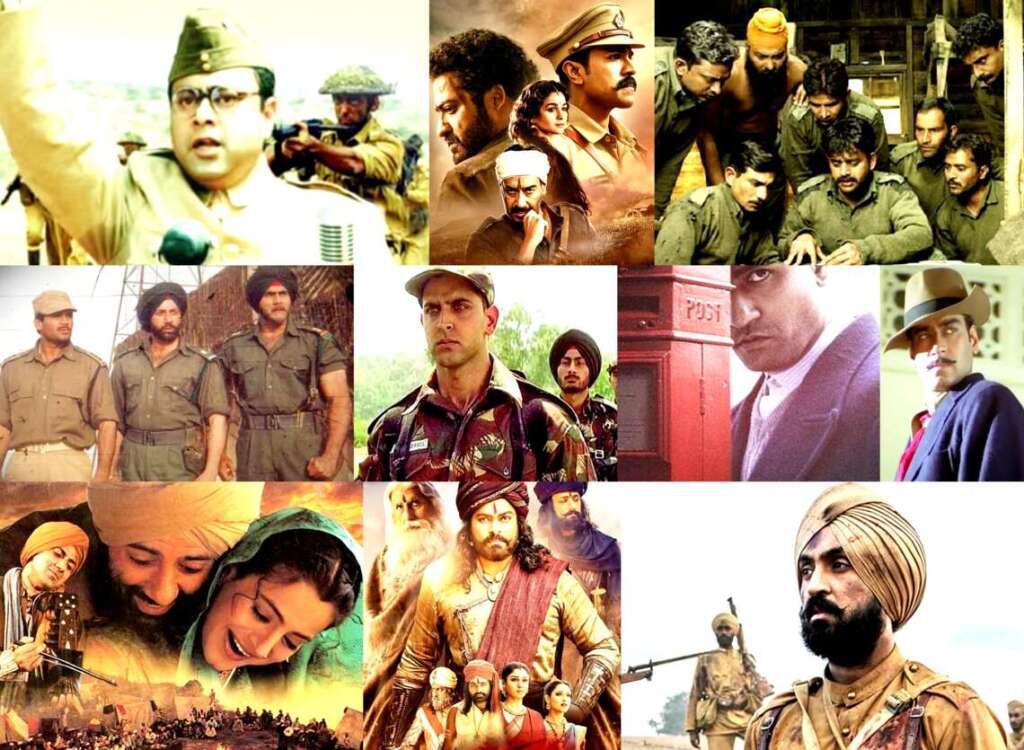
Biopics have come a long way from their early days, evolving into a genre that continues to capture the attention and hearts of audiences globally. With their ability to blend fact with fiction and present compelling, emotional narratives, biographical films are sure to remain a prominent feature of cinema for years to come. As Pandit suggests, the right mix of storytelling, technical expertise, and entertainment value is the key to creating biopics that resonate with audiences and stand the test of time.





